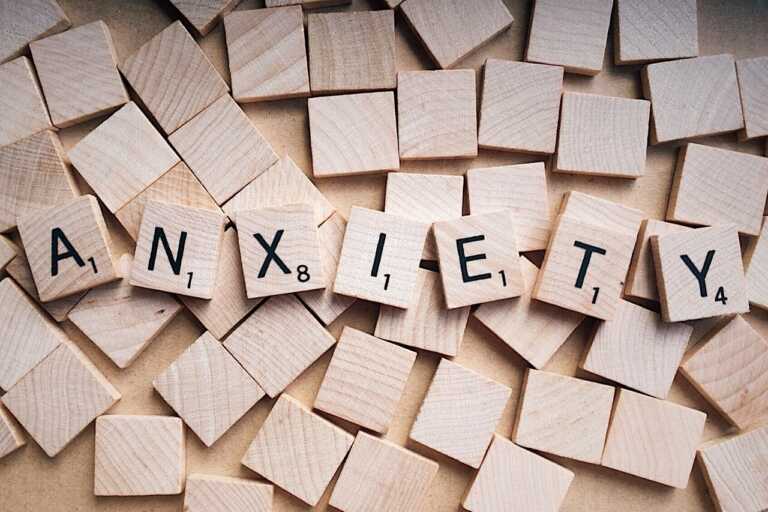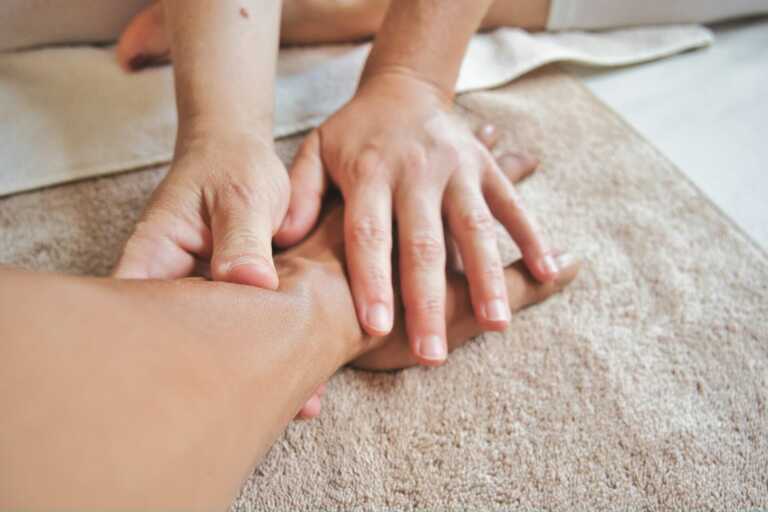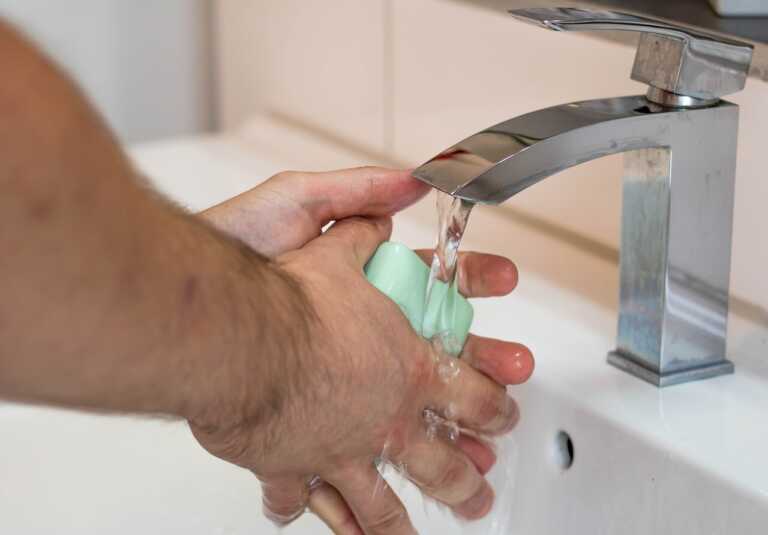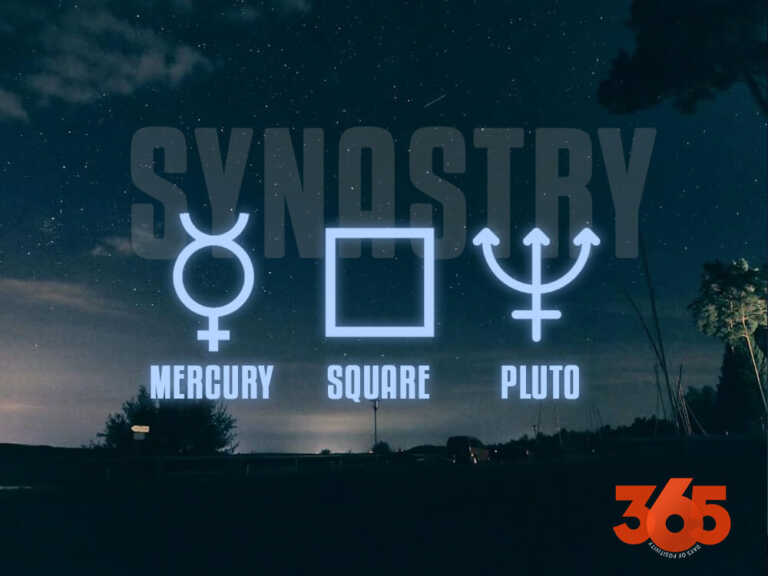Recovering from an accident is often a multifaceted journey, encompassing more than just the healing of physical wounds. In this blog, we will explore the holistic approach necessary for full recuperation, including physical therapy, mental health considerations, and emotional support systems. Our goal is to provide insights, encouragement, and practical tips to help you or your loved ones navigate the path to recovery with resilience and optimism.
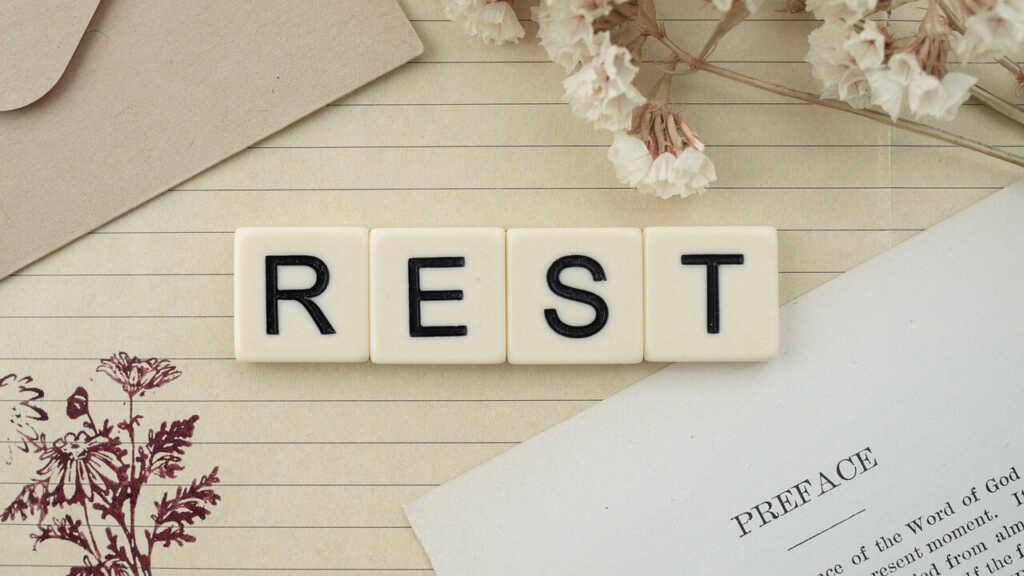
Legal Tips for Navigating Post-Accident Procedures
Beyond the immediate health concerns that follow an accident, there are crucial legal steps that victims need to be aware of to protect themselves and their rights. First and foremost, it is imperative to report the accident to the authorities and your insurance provider promptly, ensuring all details are accurately documented. Seeking rated accident lawyers can also help protect your rights and provide guidance on potential legal avenues for compensation. Additionally, it is essential to keep thorough records of all medical expenses related to the accident, as well as any lost wages or other financial impacts.
Adhering to Treatment Plans and Recommendations
Consistently following treatment plans and medical recommendations is critical to achieving the best possible outcome in post-accident recovery. It is important to maintain open communication with healthcare providers, attend all scheduled appointments, and engage in prescribed therapies. Adherence to medications, rehabilitation exercises, and lifestyle modifications plays a significant role in managing pain, improving mobility, and facilitating overall healing. Moreover, being proactive in your treatment not only aids in physical recovery but also empowers you to regain control over your health and well-being.
Managing Pain Effectively
Effective pain management after an accident is a crucial component of the healing process. It typically requires a multi-disciplinary approach, including both pharmacologic and non-pharmacologic strategies. Utilizing prescribed pain medication under the supervision of a healthcare provider can significantly reduce discomfort.
Concurrently, exploring alternative pain relief methods such as physical therapy, acupuncture, and mindfulness techniques can provide synergistic benefits. It’s important to communicate with your medical team about the effectiveness of your pain management plan and any side effects you are experiencing, as adjustments may be necessary to find the most appropriate and effective approach for your individual needs.
Prioritizing Mental Health and Emotional Well-Being
The journey to recovery isn’t solely about physical healing; prioritizing duševní zdraví and emotional well-being is equally important. After an accident, individuals might experience a range of emotions, from shock and disbelief to anger and sadness. It’s crucial to acknowledge these feelings as a natural response to a traumatic event.
Seeking support from counselors or therapists who specialize in trauma can be immensely beneficial. Support groups offer a sense of community and understanding, providing a space to share experiences and coping strategies. Engaging in activities that foster relaxation and joy, such as meditation, spending time with loved ones, or pursuing hobbies, can also aid in easing the psychological impact of the accident and bolster overall health.
Building a Support Network
Building a robust support network is a pivotal step in the path to recovery after an accident. Surrounding oneself with family, friends, and caregivers who offer empathy and assistance can considerably ease the day-to-day challenges. A strong support network acts as a safety net, providing both practical help, such as with transportation to appointments, and emotional support during tough times.
Additionally, joining community groups or online forums can connect you with individuals who have experienced similar struggles, helping to alleviate feelings of isolation. Remember, reaching out for help is not a sign of weakness, but a courageous step towards regaining your strength and independence.
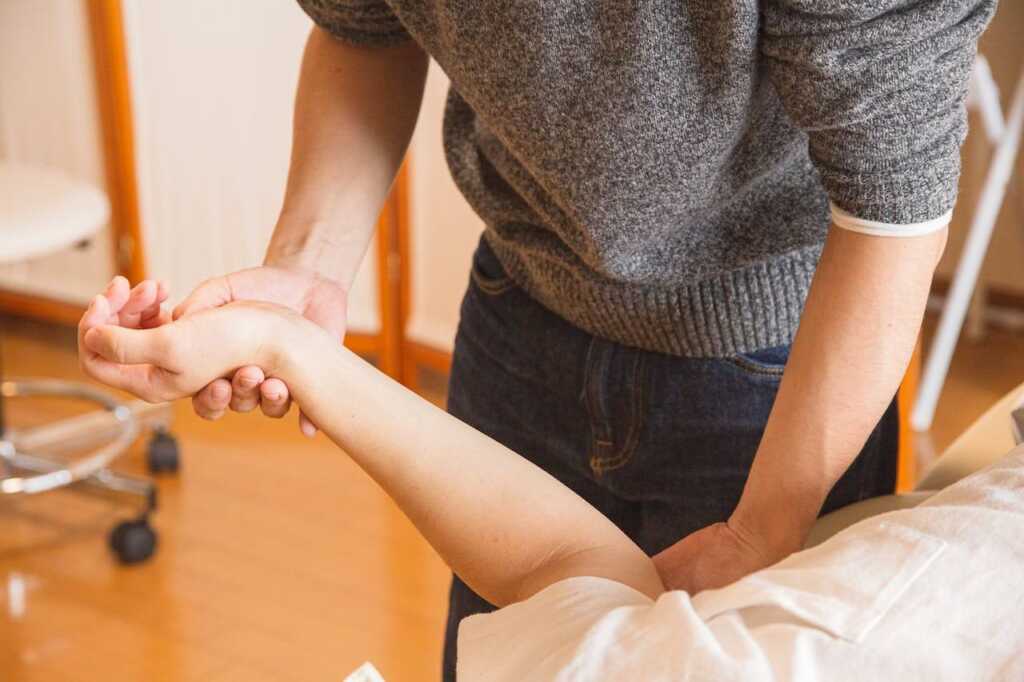
Making Necessary Adjustments in Daily Life
Adjusting to daily life post-accident often involves making significant modifications to your routine. Depending on the severity and type of your injuries, you may need to adopt new methods to accomplish everyday tasks or rely on assistive devices for mobility and function. It is essential to be patient with yourself during this transition and to prioritize your safety.
Home modifications, such as installing grab bars in the bathroom or a ramp for wheelchair access, can enhance independence and prevent further injury. Occupational therapists can be invaluable in recommending personalized adaptations to make daily living activities more manageable. Embracing these changes is key to fostering a comfortable and conducive environment for healing.
In conclusion, the road to recovery after an accident is unique for each individual, but it requires a comprehensive approach that takes into account physical, mental, and emotional well-being. By seeking legal support, adhering to treatment plans, managing pain effectively, prioritizing mental health, building a support network, and making necessary adjustments in daily life, you can navigate this journey with resilience and emerge stronger. Remember to be kind to yourself, lean on your support system, and celebrate even the smallest victories along the way.


